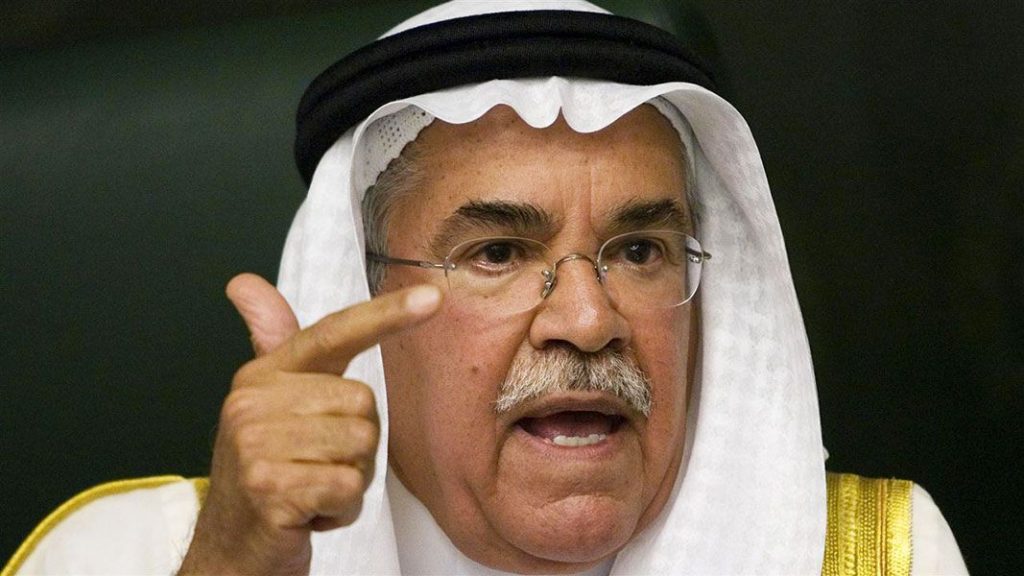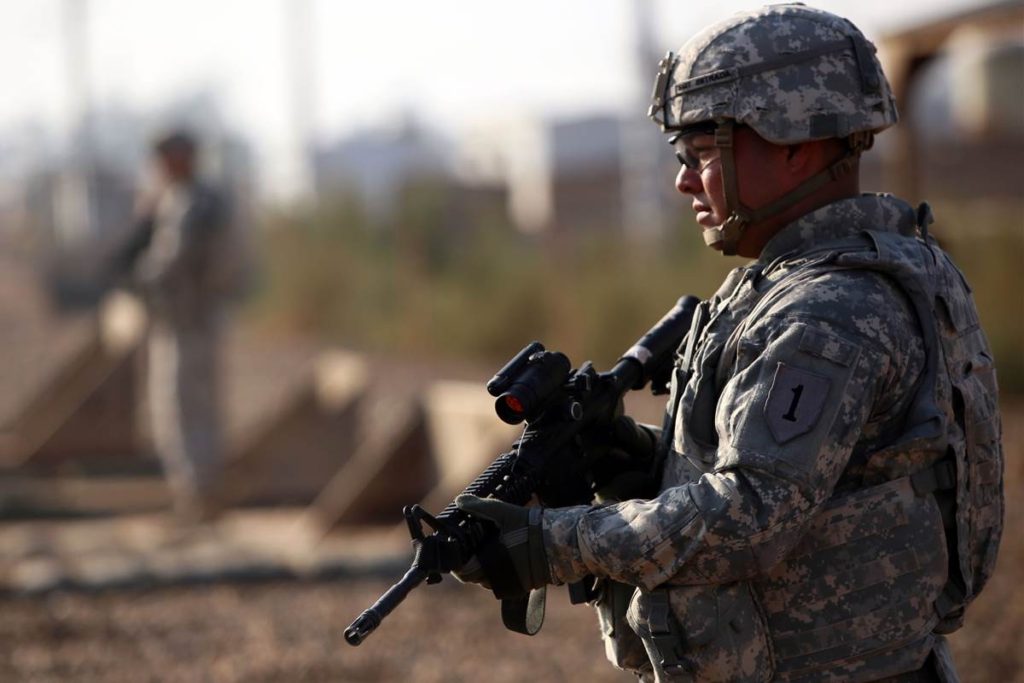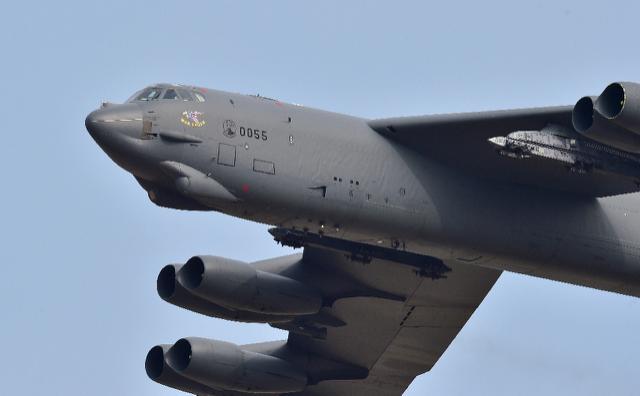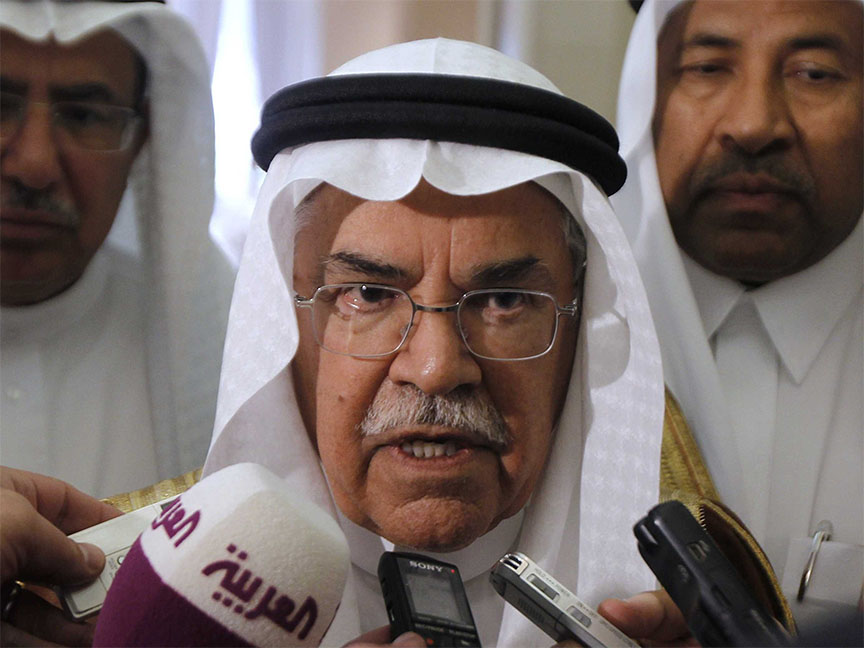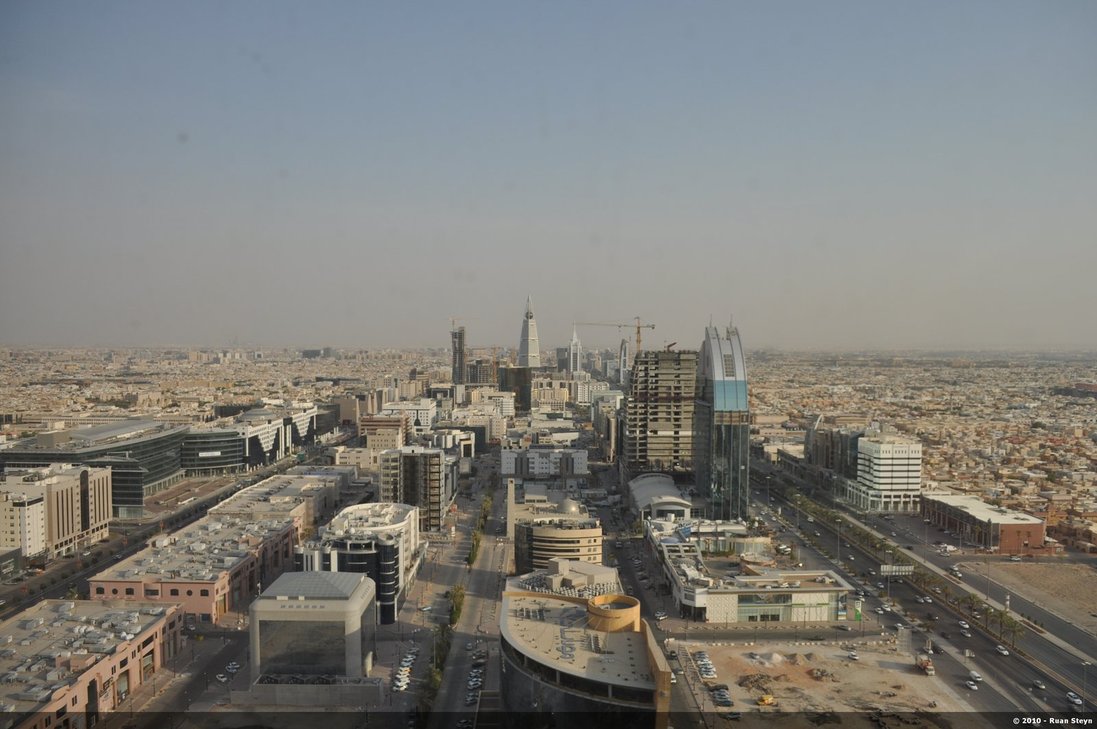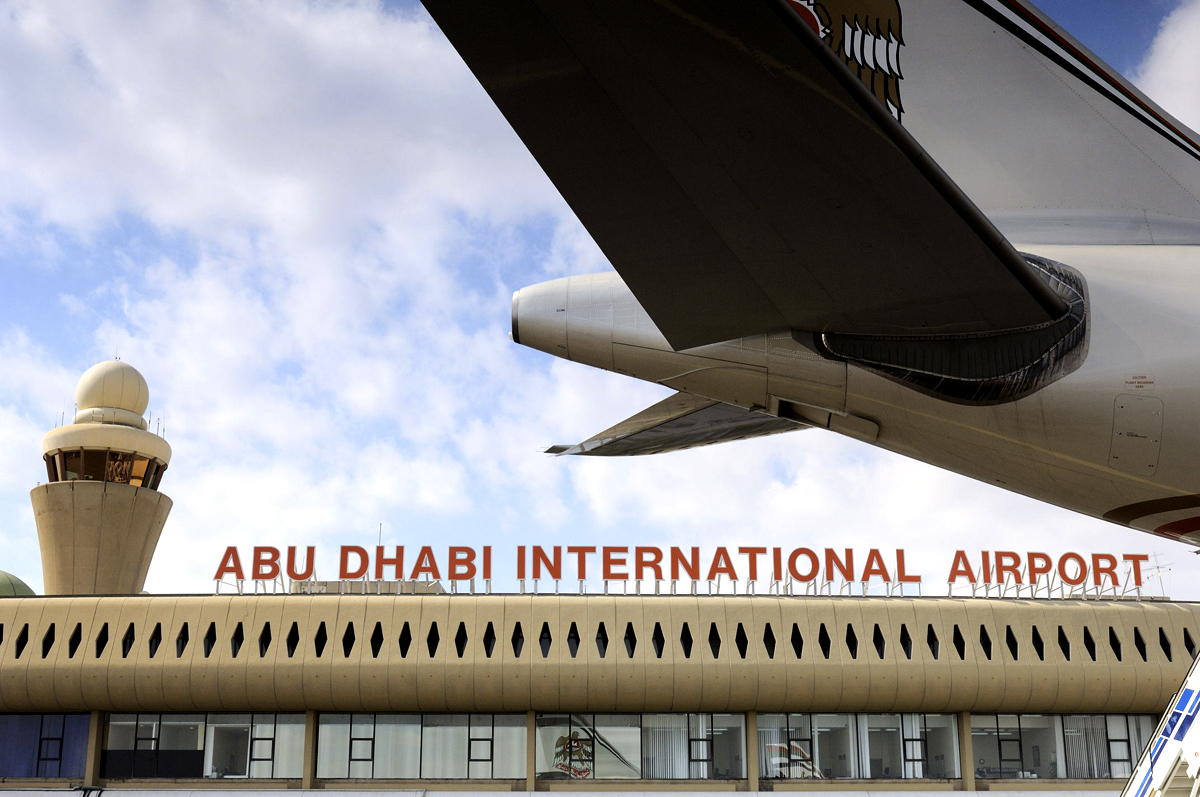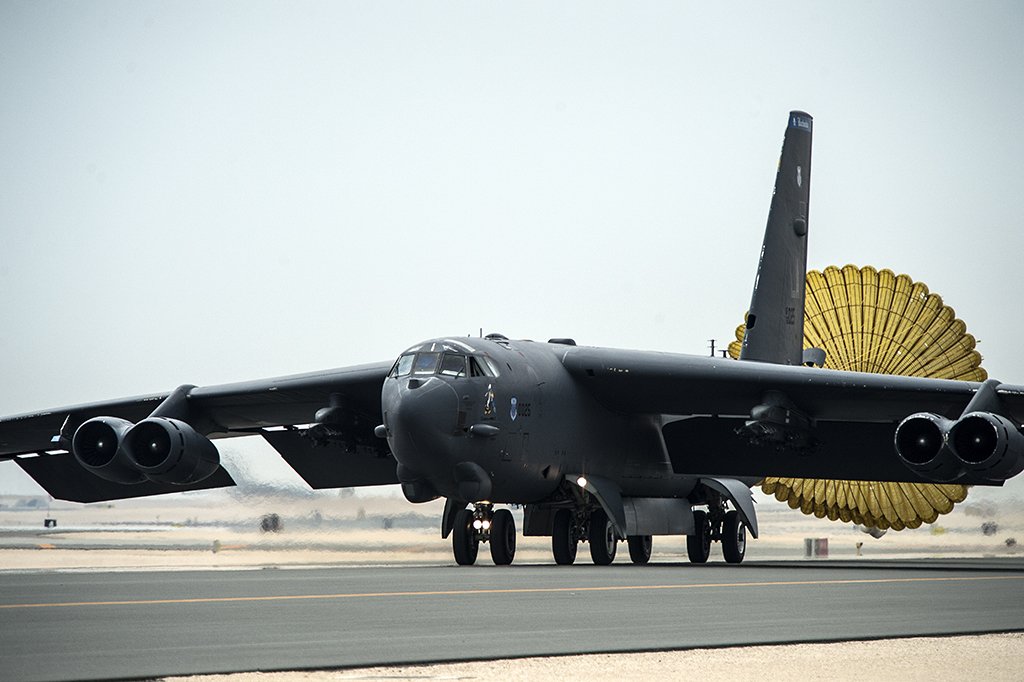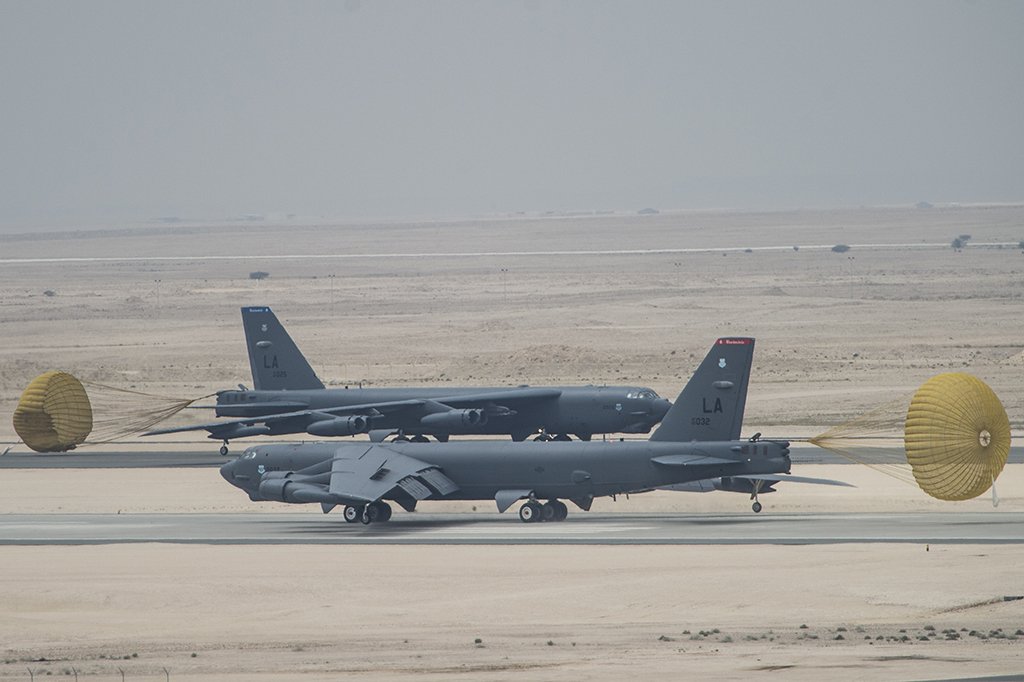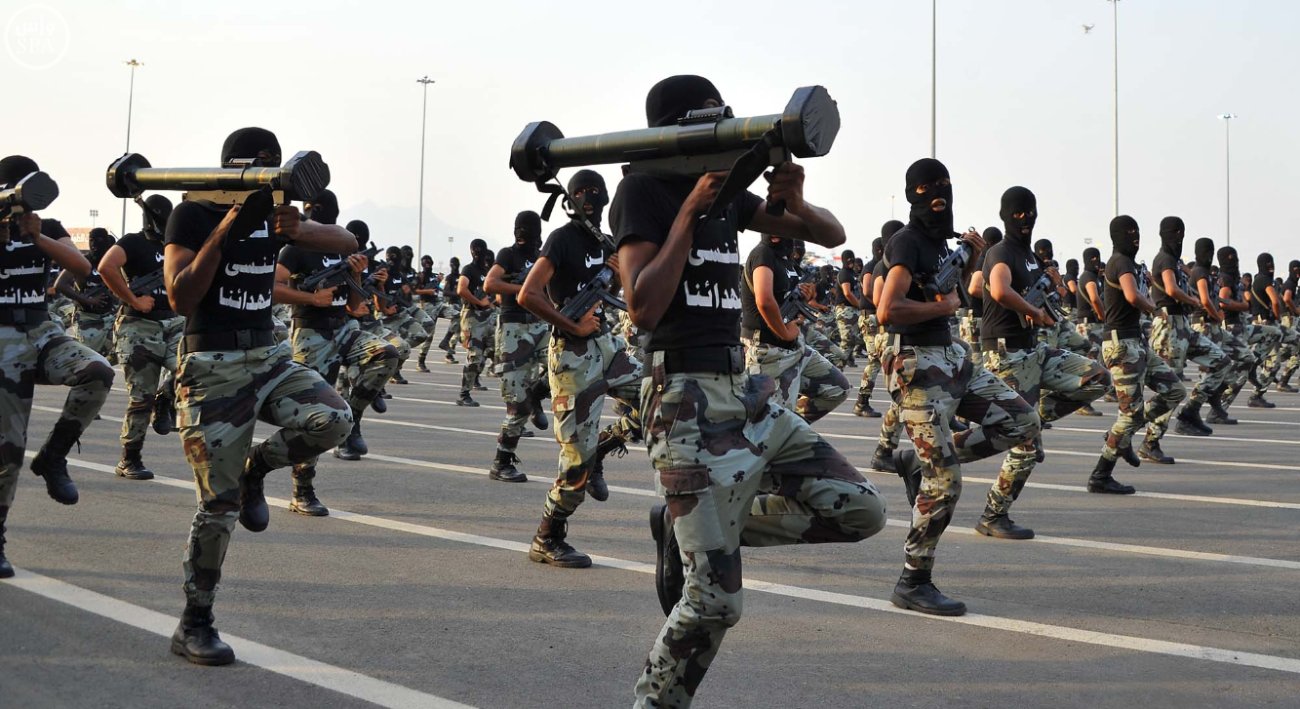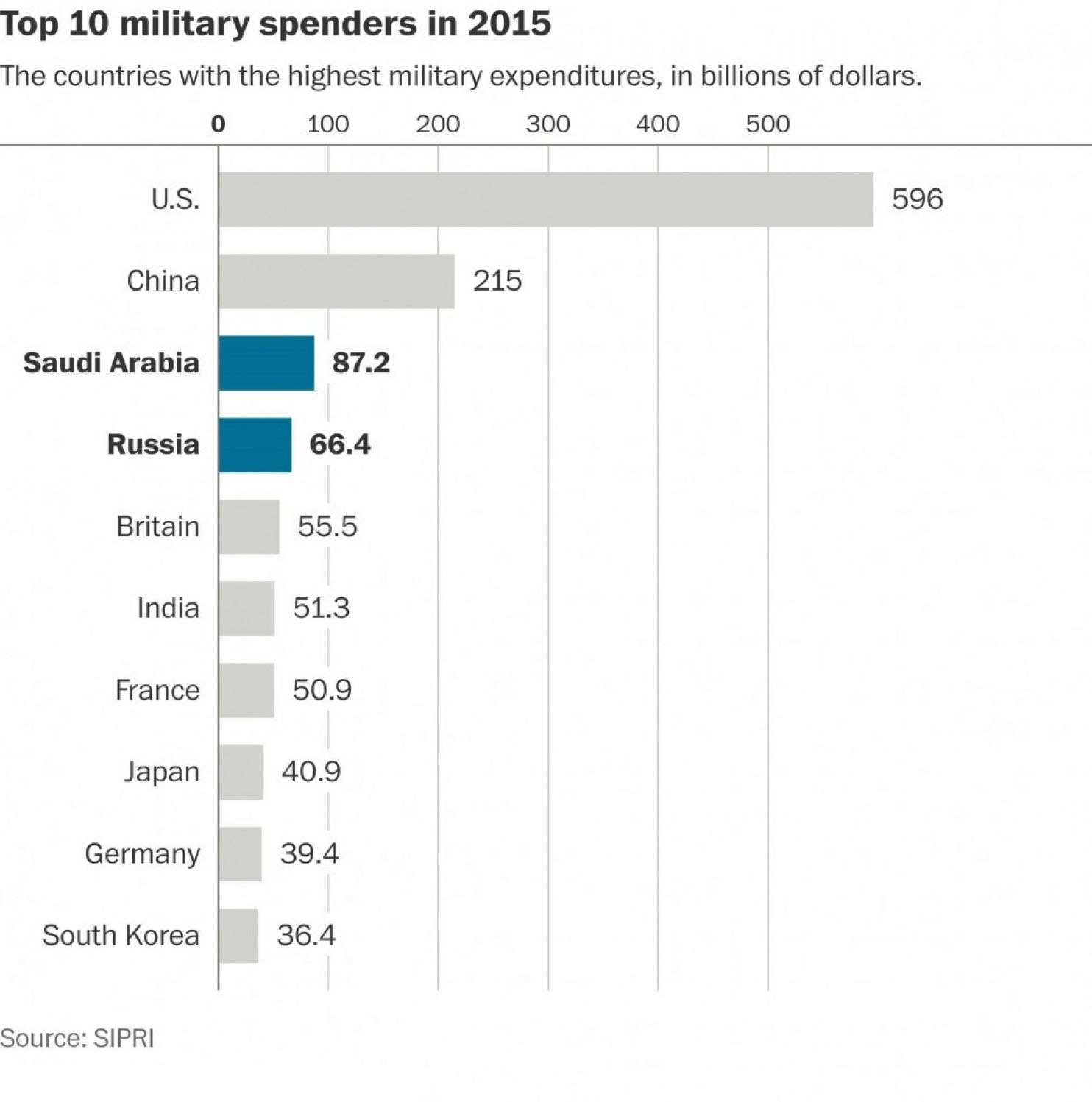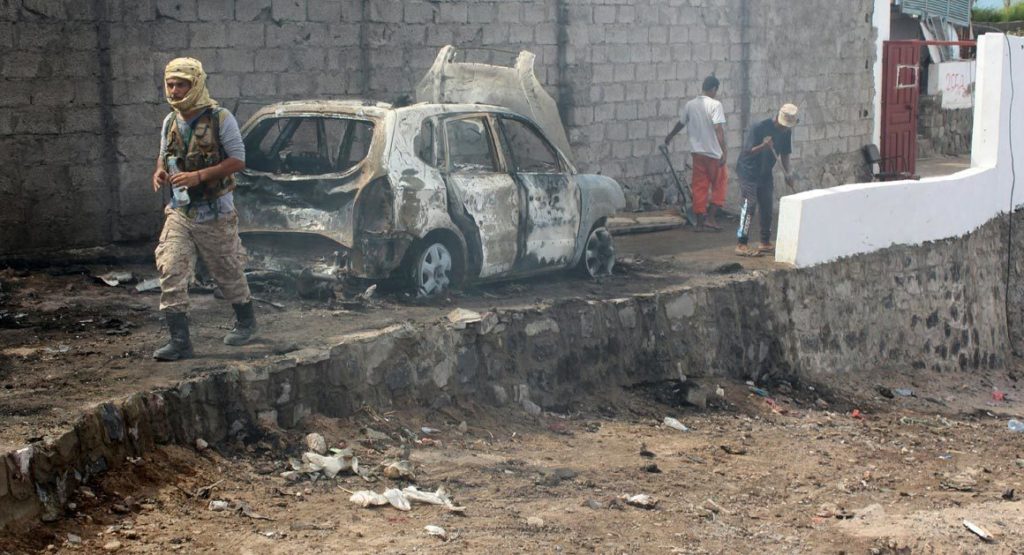
By Michael Morell | Politico
Something significant and positive just happened in the Middle East, and most Americans are not aware of it. The United Arab Emirates, under the banner of a Saudi-led coalition, late last month delivered a major blow to the most lethal Al Qaeda group on the planet—Al Qaeda in the Arabian Peninsula (AQAP), the primary Islamic extremist group operating in Yemen.
The Sunni Gulf states are often painted in the Western media as shying away from a fight, not being capable of a fight and not willing to deal with terrorists and extremists in their midst. The UAE operation in Yemen proved that none of these characterizations are true of Abu Dhabi.
AQAP has long been, and still is, a threat to the American homeland. The past three attempted terrorist attacks in the United States by an outside group were conducted by AQAP—the 2009 attempt to bring down an airliner flying to Detroit by the so-called underwear bomber, the 2010 attempt to bring down U.S.-flagged cargo planes flying from the Middle East to the United States by hiding bombs in printer cartridges, and the 2011 plot to bring down a civilian airliner flying to the United States with a sophisticated suicide vest containing no metallic parts.
These plots resulted from the extensive safe haven that AQAP then enjoyed in Yemen. In 2012 and 2013, military operations by the Yemeni government, supported by U.S. counterterrorism operations, eliminated that safe haven and removed numerous AQAP leaders from the battlefield. But a civil war in Yemen that began in 2014 created a power vacuum that gave AQAP new life. Early last year, the group seized a large amount of territory, garnered thousands of new recruits, acquired caches of weapons and raised new revenues.
In the civil war, the Saudi-led coalition has been fighting on the side of the internationally recognized government of Yemen and its president, Abd Rabbu Mansour Hadi. The coalition is fighting against an Iranian-backed Yemeni militant group called the Houthis that had swept across the country in 2014, capturing the capital, Sanaa, in September 2014. The focus of the coalition has been fighting the Houthis, but over the past five months it has quietly turned its attention to the growing threat of AQAP, culminating in last month’s major operation.
On the weekend of April 23-24, the Emirati military, with the support of the Yemeni military and local Yemeni tribes, seized from AQAP the strategically important city of Mukalla and the surrounding area. Mukalla, Yemen’s fifth-largest city, hosts the country’s second largest port—from which AQAP was earning substantial revenues by taxing the shipment of goods there. The city was to be the center of AQAP’s Islamic emirate in Yemen. Its loss is a major blow to AQAP. It is the equivalent of the Islamic State losing Mosul or Raqqa.
The military operation was well planned and executed. The Emiratis worked with local Yemeni tribes to secure their support for the operation, and the Emiratis trained a cadre of Yemeni soldiers to assist in the operation. The attack itself involved choreographed air, naval and ground operations. The operation, which some thought would take weeks, took only days. And now the coalition is shifting to operations to ensure that AQAP cannot return—to include the establishment of good governance in the area. It is a textbook solution of dealing with terrorist groups that hold territory.
Degrading AQAP was in the interests of the Saudis and the Emiratis. The two countries are the primary targets of AQAP in the region. But the degradation of the group is also in the national security interests of the United States since the homeland remains target No. 1 for AQAP outside the region.
Thus, the implications of the Emirati operation are significant. It is the kind of military capability and willingness to act against terrorists that should become a model for other countries in the region. It is the kind of action that the United States should support—both with tangible assistance and public statements. And, it is the approach to dealing with terrorists holding territory that will work against other extremist groups, including the Islamic State, winning the support of local tribes, training local Sunni forces to take the fight to the enemy, and fighting ourselves where necessary.

